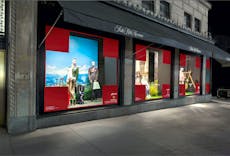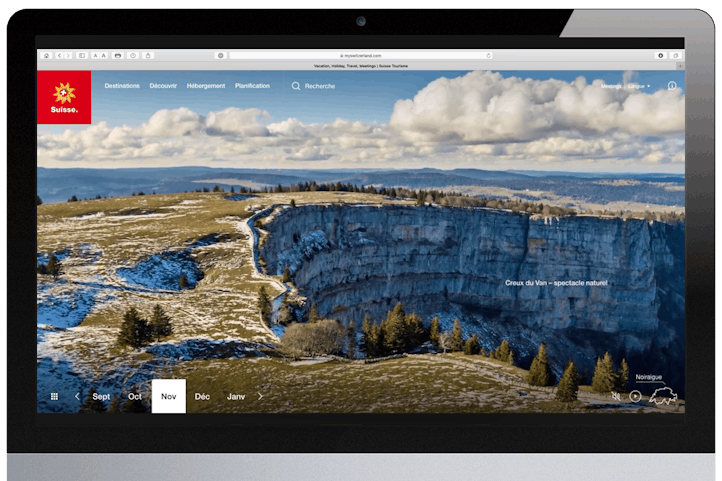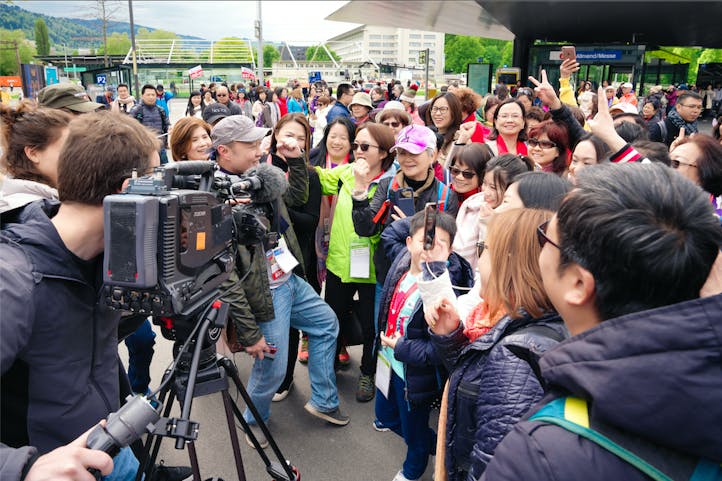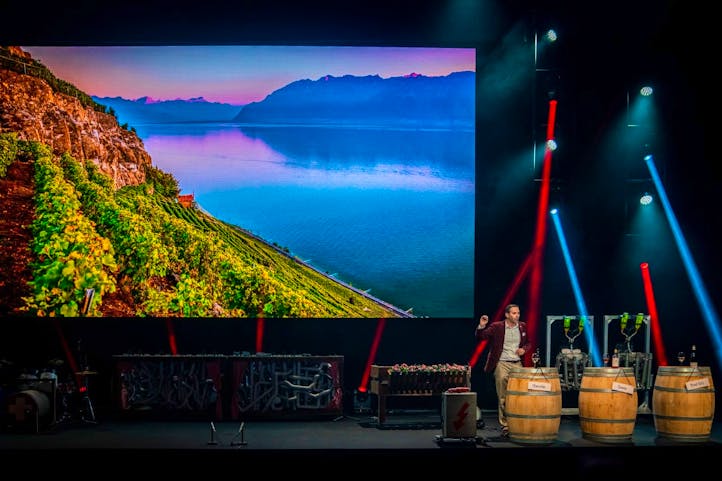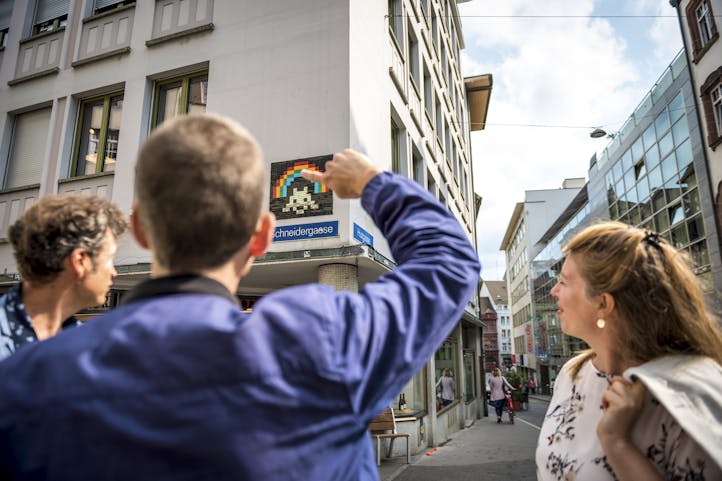Find out more about:
Germany is the most important foreign market for Swiss tourism. Switzerland was extremely popular in the years 2007 to 2009, during which time the Federal Statistical Office registered 6 million hotel overnights from German visitors.
Then the euro crisis happened. The hotel overnight figures declined continuously, bottoming out in 2016 to around 3.7 million. Although the Swiss franc has remained strong, the curve has now started to rise again slightly: in 2017, an increase of 1.1% was achieved compared to the previous year. 2018 was a very strong year: German visitors generated 3.9% more hotel overnights than in the previous year. The upward trend slowed somewhat in 2019 (+0.9%); however, the Swiss Economic Institute (KOF) continues to predict growth for 2020 (+ 1.5%).
The most popular tourism region among German visitors is Graubünden, followed by Zurich and Bern. On average, every German visitor spends CHF 130 per day, excluding travel to and from Switzerland, approximately as much as French and Dutch visitors. Visitors from the Gulf countries are the biggest spenders at CHF 420. The average spend is CHF 165.
Jörg Peter Krebs, Market Manager Germany, explains how German visitors can be attracted to visit Switzerland despite the country’s reputation for high prices.
“Switzerland still enjoys an excellent reputation.”

Jörg Peter Krebs
Market Manager Germany
Jörg Peter Krebs, do you know what German visitors are looking for when they choose to holiday in Switzerland?
“Sun, fun, people and pleasure” as well as “rest, relaxation and freedom”. When it comes to holiday motifs, “Experience nature” is an important motivation for around 53% of the population aged 14 and over, as demonstrated by the Tourism Monitor Switzerland (TMS 2017). Our country is particularly well positioned in this regard, with its spectacular nature attractions, enjoyable holidays, relaxation and recreation, as well as “freedom”.
This information is also consistent with what my teams in Berlin, Stuttgart and Frankfurt find out in discussions with travel experts, media representatives and influencers at local levels. All of this feedback and data is then used for targeted marketing.
How has the behaviour of these visitors changed over the last ten years?
The cities are becoming increasingly popular. Zurich and Basel in particular have been able to increase the number of hotel overnights in recent years. That is why we have been marketing our cities to specific target groups for years, always coming up with surprising new creative approaches. An example of this is the theme of “Street Art”, which was the focus of our media event in Berlin this year. We created a sensation when we drove up in the graffiti-covered Bentley of the Grand Hotel Les Trois Rois!
We also started to notice a decrease in the length of stay. This now stands at 2.2 days per visitor, but used to be more. We have become a classic second holiday destination. In other words, German guests spend their second or third holiday with us. These are usually shorter in duration. However, we also see opportunities here: holidays like this often happen in the off season, so our offering is particularly strong for autumn.
How can Germans be attracted to visit Switzerland despite the country’s reputation for high prices?
With quality, expertise, professionalism and great infrastructure. The Swiss hotel industry has a long history and the leading hotel schools are located here. This is a positive factor: the Swiss hotel industry meets the highest quality standards and the service offered is highly professional and yet personal. German visitors really like this, and Switzerland still enjoys an excellent reputation.
Switzerland’s accessibility is, of course, a plus point. Whether they travel by plane, train or car, German visitors can reach us very quickly. In the country itself, we have a dense public transport network that is unrivalled throughout the world – often combined with spectacular views. A guest said to us recently: “This is the best and loveliest open-air cinema in the world!” German visitors also appreciate the stereotypical punctuality of our public transport.
What can Switzerland, as a holiday destination, offer German visitors that they won’t find at home?
Apart from the factors already mentioned, another aspect is our high mountains! In Germany, these are only found in the extreme south of Bavaria. However, we have far more to offer and the mountain peaks are easy to reach. Unparalleled experiences and pure spectacle! In addition, despite its proximity, Switzerland is regarded as quite exotic. The four languages, the four cultures, the diversity found within such a small space… Our holiday region also offers exceptional experiences and events for the most diverse interest groups, such as the Street Parade in Zurich, the Music Festival in Lucerne or the outstanding art exhibitions in Basel. For our German visitors, our top products include our panoramic trains. There is little doubt that the Glacier Express is one of the best-known brands. But we shouldn’t forget the experience of winter sports. We’re simply unbeatable in this area! Germans find our village winter resorts “cute” and extremely professional. And of course, Swiss cheese must make an appearance in every local offering.
What will it take to attain the 6 million mark for hotel overnight stays, last achieved in 2009?
In future, we would prefer to speak about tourist added value and to achieve the 2009 figures on this basis. This must be our aim. There are plenty of opportunities. Switzerland reflects the zeitgeist with numerous nature-based and sustainable offerings. For example, we are convinced that our cooperation with Deutsche Bahn and our highly individualised partner programmes will pay off more and more. Unfortunately, we cannot influence all external factors. The exchange rate remains one of the most important drivers for growth in the German market. We regard the 3.9% rise in hotel overnight stays in 2018 as a major success.


